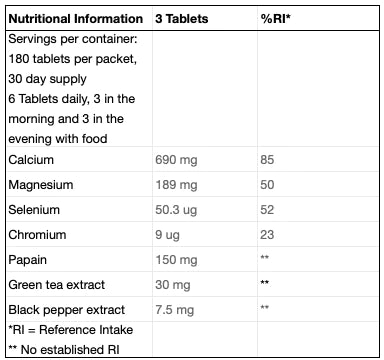Share
You missed a workout— it happens. Here’s what to do to get your training back on track.
It’s a common scenario: You have your training plan completely mapped out for the week and one of your kids gets sick. Or your boss springs a must-get done-now projects on you. So, what do you do now? Double up? Go on like nothing happened?
There’s no one-size-fits-all response to missing a workout due to a schedule conflict. How you respond depends on what type of workout you missed, how much training you missed and where you are in your training plan.
You missed an endurance workout: Most athletes really look forward to their long workouts, if for no other reason than to have a little “me” time. But in the big picture, endurance is rarely the limiting factor that prevents athletes from achieving their goals, and missing the occasional endurance workout has only a minor impact on your progress. Let it be and move on with your training schedule as planned.
You missed an interval workout: Here’s where things start to get complicated. Every week you have a handful of key workouts that provide the stimulus to keep your fitness moving forward. Missing those intervals is more detrimental than missing out on generalised training volume.
Athletes often ask if they should just shift that interval workout forward to the next day, especially if that day was otherwise going to be a recovery or endurance day. If you’re in a phase of training where you are working on intervals at aerobic or lactate threshold intensities, shifting the interval workout forward will usually result in a two-day block (Tuesday/Thursday becomes Wednesday/Thursday). Since you’re getting more rest by not training on Tuesday, the two-day block can be quite beneficial. Just monitor your fatigue levels afterward in case you need a little more rest following the block. Most times, you’ll be able to make this modification and get right back on schedule. Keep in mind, though, that a two-day block of very intense VO₂max workouts is harder to recover from and is more likely to have a lingering negative impact on the next week of your training. Don’t try to squeeze in consecutive VO₂max sessions.
You missed a key interval workout in a big training block: As training gets more focused, you start using more two and three-day blocks to increase overall training stimulus. And often these blocks are arranged in a series, like three two-day blocks separated by two easier days. Each block is dependent on the previous one and impacts the next one, so as you shift your workouts, remember that in the long run, recovery trumps intensity.
Recovery requires time, and you can’t achieve two days’ worth in just one day. It’s better to preserve your scheduled recovery periods than it is to sacrifice recovery for additional intensity. Here’s a real-life example: An athlete had a schedule of hard interval workouts on Wednesday and Thursday (two-day block), easy recovery sessions on Friday/Saturday, and another block on Sunday/Monday. On Friday he learned he had a meeting on Monday that changed his workout plans, so he moved the interval session to Saturday, making the two-day block Saturday/Sunday.
It didn’t work. By prioritising intensity over recovery and eliminating one of the two recovery days between his training blocks, he was too fatigued to complete a high-quality workout on Sunday (now the fourth day of intervals in five days). He would have been better off keeping Saturday a relatively easy day and moderately increasing the workload in Sunday’s workout.
You missed at least three days: When the train goes completely off the rails, it’s time for a do-over. If a business trip cancels half a week or more of your training plan, repeat the week. With training plans that are specifically set up to peak and taper for a specific date, this can require a bit of recasting. If you’re more than two months out from your event, repeat the week you botched and adjust the workouts over the following two weeks to get back onto the schedule as it was originally planned.
The exception to the advice above is important if you are less than two months from your goal event. Assuming your training has generally been progressing well, you have the fitness necessary to write off the botched week of training and jump into the scheduled week as planned. You missed some work and thereby gained some recovery, which means you should have the energy for the workload of the scheduled week. Just as important, you’re minimising the disruption to your final training blocks and your taper schedule.
Ideally, we’d all have the foresight to schedule our workouts, meetings and family emergencies so they don’t conflict, but that’s not the way life works. The best we can do is be proactive with our time management and adapt wisely when those unexpected interruptions inevitably appear.









